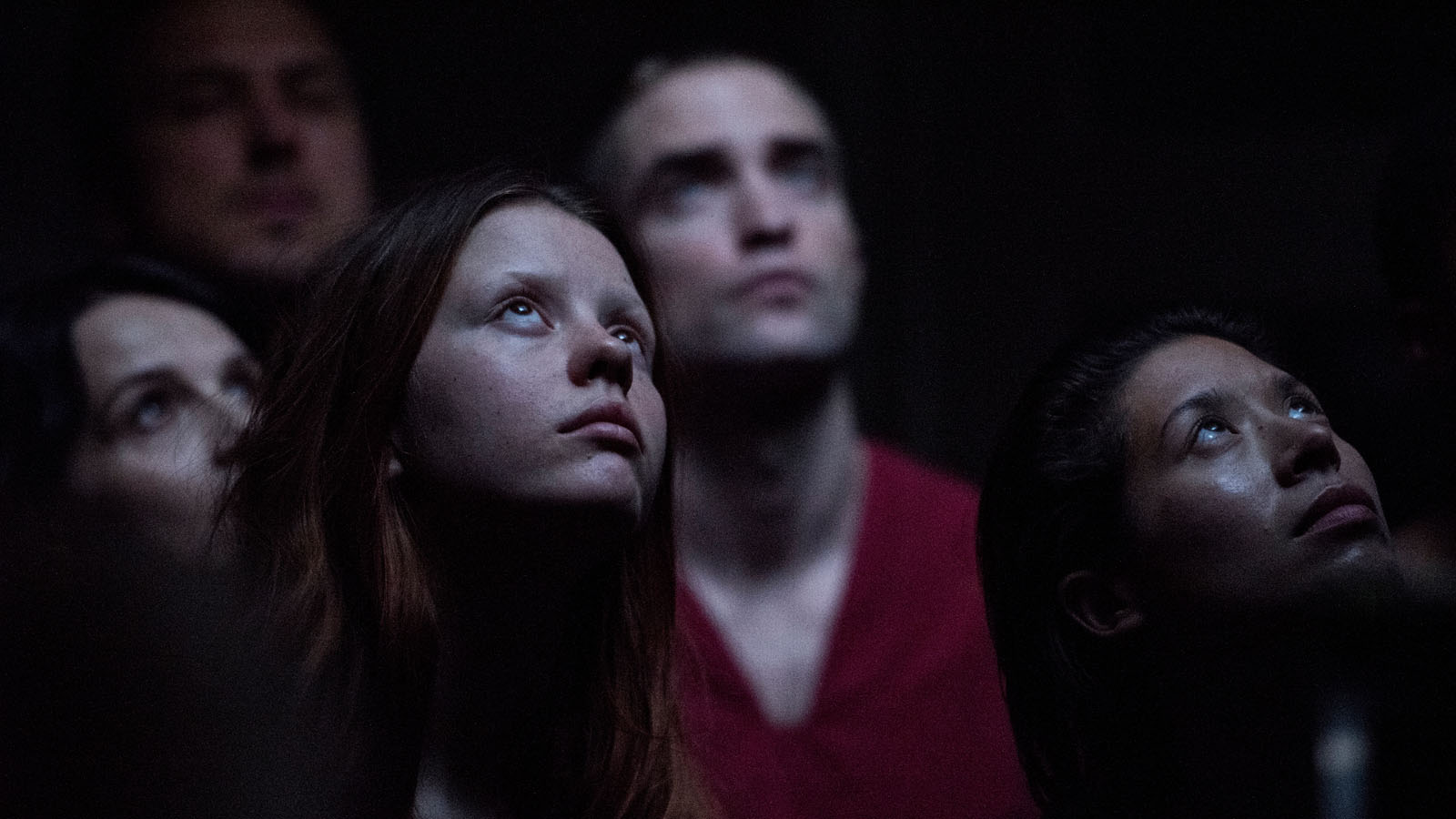Four New Issues and a Rediscovered Interview

The new year brings a slew of new issues from essential film magazines. Before we start leafing through them, let’s pause for a moment to remember a few filmmakers we’ve lost this past week. Mrinal Sen was a key figure of India’s parallel cinema movement who, like Satyajit Ray and Ritwik Ghatak, sought to create a socially aware alternative to popular Hindi movies. In his overview of the oeuvre in Directory of World Cinema: India, Omar Ahmed writes that Sen’s work “demonstrates a political activism representative of a wider Marxist struggle using art as an instrument for social change.” Hong Kong action director Ringo Lam “told stories of cops and criminals with a stylized, hyperviolent aesthetic that made him an idol to Quentin Tarantino and the generation of genre obsessives that followed in his wake,” writes Charles Bramesco at Vulture. And though reporter-turned-filmmaker Al Reinert cowrote the screenplay for Ron Howard’s Apollo 13 (1995), he’ll be remembered first and foremost for his award-winning 1989 documentary on NASA’s moon missions, For All Mankind, whose images, as Joe Leydon writes in his remembrance, “had (and still have) an undiminished ability to astonish.”
- Introducing his interview with Roberto Minervini in the new issue of Cinema Scope, Jordan Cronk calls the Italian-born filmmaker’s fifth feature, What You Gonna Do When the World’s on Fire?, “a furious missive from the front lines of a fractured America.” Talking with Claire Denis about High Life, her film set on what’s essentially a prison being jettisoned through space towards a black hole, Adam Nayman tells her that he’s found “a lot of what we see . . . very disturbing—not just the violence, but the emptiness and the bleakness.” Denis counters: “Things like the things that happen in this movie happen, don’t they?” Issue 77 also features Christoph Huber’s appreciation of the late Burt Reynolds as a director, Erika Balsom on Shireen Seno, Blake Williams on Carlos Reygadas, and Michael Sicinski on Dora García, whose work in a variety of media is currently on view through February 17 at Bonniers Konsthall in Stockholm.
- As part of the cover package on The Image Book in the new Film Comment, Amy Taubin talks with Fabrice Aragno, who’s worked alongside Jean-Luc Godard as cinematographer, coeditor, and coproducer. The focus here is on the editing. “You know how in postproduction you are supposed to color-correct the picture so everything is smooth and even?” asks Aragno. “Jean-Luc wants the opposite. He wants the rupture.” You’ll also find Eric Hynes on some of the most remarkable moments in last year’s documentaries, editor Nicolas Rapold on “the triumphs of black filmmakers at so many levels in 2018,” Michael Koresky arguing that “the cloud can’t save us; the world isn’t one big archive,” Dennis Lim on Mariano Llinás’s La flor, and Andrew Chan on the “extraordinary” Aretha Franklin documentary Amazing Grace, which “gives us access to the woman behind the microphone while at the same time radiating a ghostly effect that’s impossible to shake.”
- Alejandro González Iñárritu, who’s currently working on what he calls a comedy “about the stupidity of men,” is on the cover of the new winter 2019 issue of the DGA Quarterly. Inside we find Steve Chagollan’s full interview as well as Margy Rochlin’s profile of Marielle Heller (Can You Ever Forgive Me?) and Robert Koehler’s assessment of Robert Aldrich, not only as a director whose filmography spans three decades but also as an effective two-term president of the Directors Guild. And Robert Abele revisits Taxi Driver (1976) with Damien Chazelle, who notes that we tend to forget “how radical the early Scorsese movies were.”
- World Records, the impressively designed online journal from UnionDocs, has a new issue featuring a conversation among filmmakers including Lynne Sachs and Sky Hopinka, and an essay by Leo Goldsmith on “a relatively extensive, but largely under theorized subgenre of experimental nonfiction moving-image practice known as ‘the landscape film.’” Next week, UnionDocs will launch a new site, Edited By, celebrating “one hundred and thirty-nine women editors who invented, developed, fine-tuned, and revolutionized the art of film editing.”
- In the summer of 1972, Lloyd Chesley and Michael Gould, two young film school graduates, interviewed Fritz Lang, who was eighty-one at the time and recovering from a recent stay in the hospital. The full transcript of the wide-ranging conversation, now appearing for the first time in the Notebook, finds the director in good spirits, comparing and contrasting European and American audiences, railing against the war in Vietnam, and singing the praises of George Sanders. As for Jean-Luc Godard, “I like him very much,” Lang says of the man who directed him in Contempt (1963). “I am not too happy about what he’s doing now.” When Gould asks why, Lang gets them to turn off the recorder. Later in the interview, though, we get a hint as to what might have been said: “The moment the audience thinks [about] what the director was doing, the film is not good. Hmm?”
For news and items of interest throughout the day, every day, follow @CriterionDaily.



